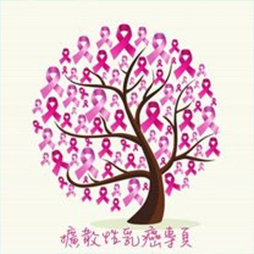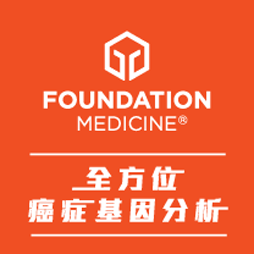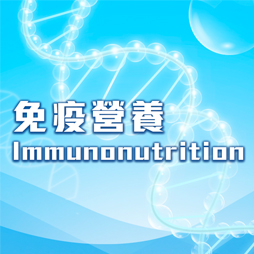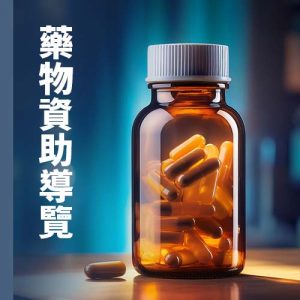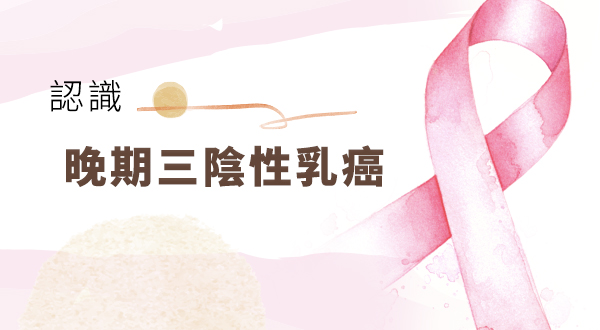【癌症治療突破】斬草除根殺滅癌細胞!UCLA 牽頭研發手術後用醫學噴霧
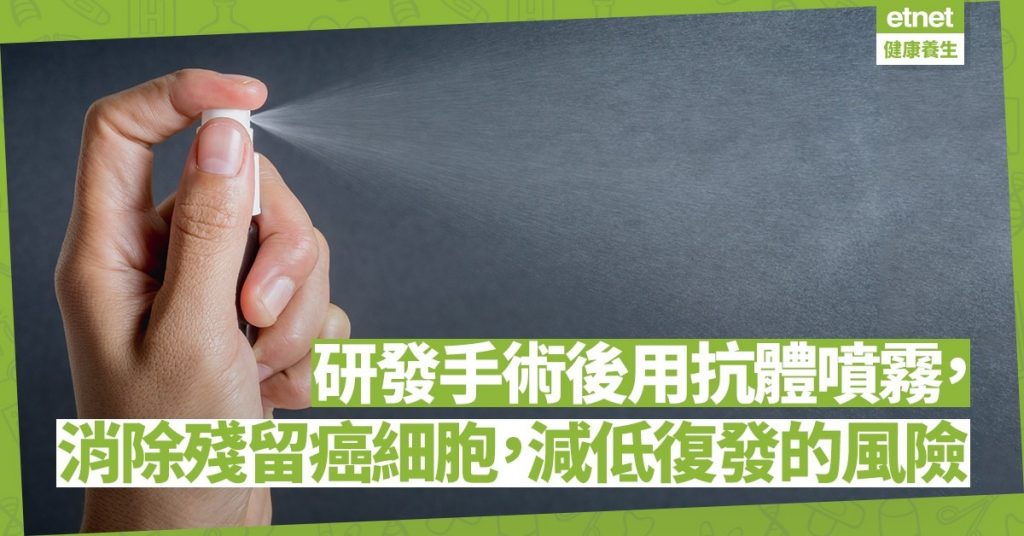
治療癌症的方法不少,而情況合適的話,最直接和快捷的手術切除,一般會是首選的治療方式。不過治療非治癒,手術切除癌症復發的機率相當高,以胰臟癌為例,切除手術後有近半數病人仍會復發,究其原因,很可能是癌細胞早已有微擴散的跡象而未能觀測,而這也是切除手術後病人往往仍需要接受輔助化療以減低局部復發風險的原因。如何清除切除手術後的殘餘癌細胞,美國加州大學洛杉磯分校(UCLA) 的研究團隊,就想出了內含抗 CD47 蛋白的抗體之噴霧,切除手術後可噴於患處,抗體能慢慢溶入人體組織,從而消除殘留的癌細胞並減低癌症復發的風險。
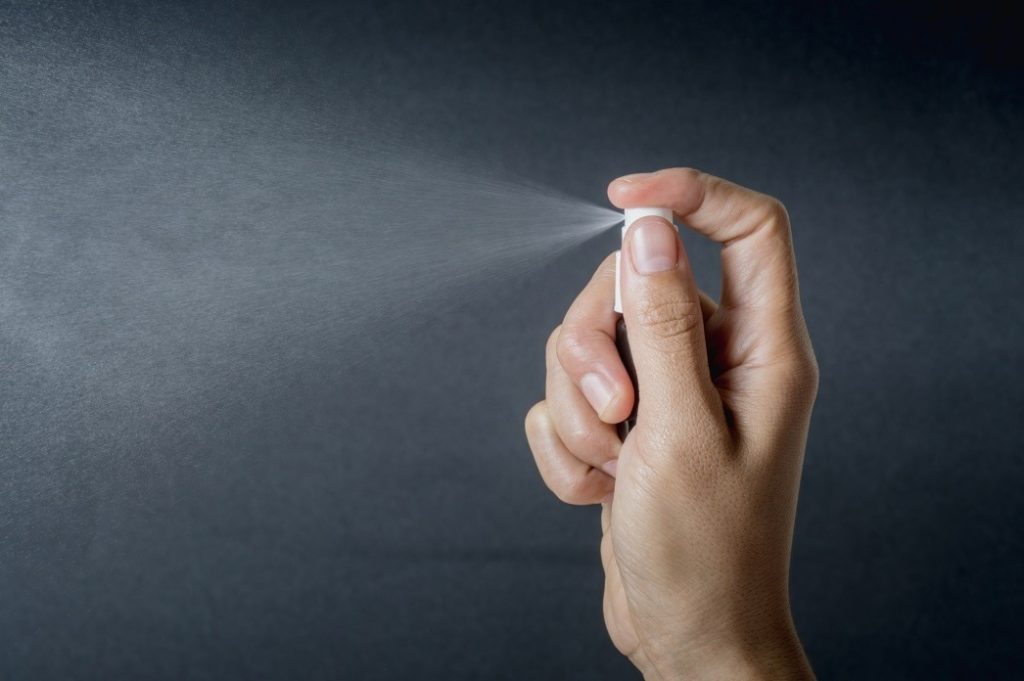
納米微粒才是突破之處
噴霧可抗癌無疑是最吸引眼球的標題,但抗癌醫學噴霧最大的難處不在抗體的選擇,而是讓抗體進入身體的方式。美國加州大學洛杉磯分校(UCLA) 的研究團隊涉及多個單位,但當中牽頭的,是來自 UCLA 亨利·薩穆埃利工程與應用科學學院(Samueli School of Engineering) 的生物工程教授顧臻。CD47 蛋白是種常見於人體紅血球的蛋白,免疫細胞有機制不對其作出攻擊,但不少癌細胞也能生成 CD47 蛋白,以避過免疫細胞吞噬。如果以注射方式注入抗 CD47 蛋白的抗體,絕大部分會在注入血液時被清除,所以即使早有將抗體用於傷口的概念,也因為注入的方式而未能再進一步。直至 UCLA 的研究團隊選擇以納米微粒製作噴霧,並用以裝載抗 CD47 蛋白的抗體,才真正有突破性的發展。
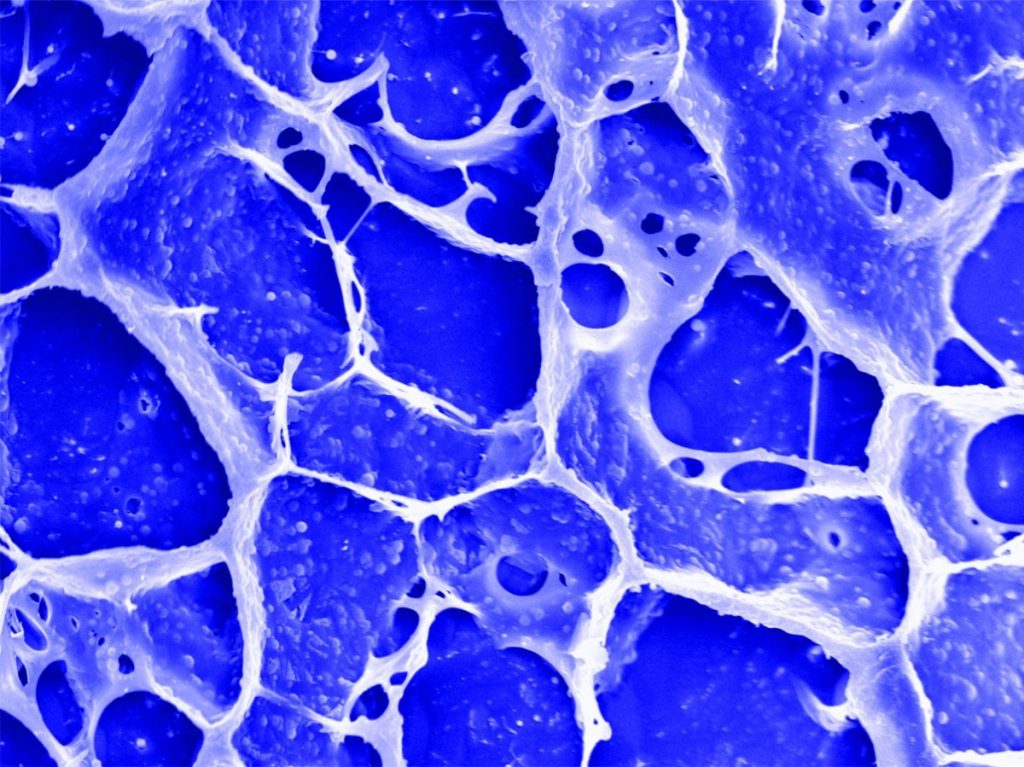 噴霧凝膠的掃描電子顯微鏡圖像(圖片來源:UCLA pressroom)
噴霧凝膠的掃描電子顯微鏡圖像(圖片來源:UCLA pressroom)
———————————————————————————————————————————————————————————–
Sprayable gel with CD47 blockers could be the future of drug delivery for cancer
A sprayable gel containing calcium carbonate nanoparticles with antibodies targeted to block CD47, could be the future of drug delivery for cancer…
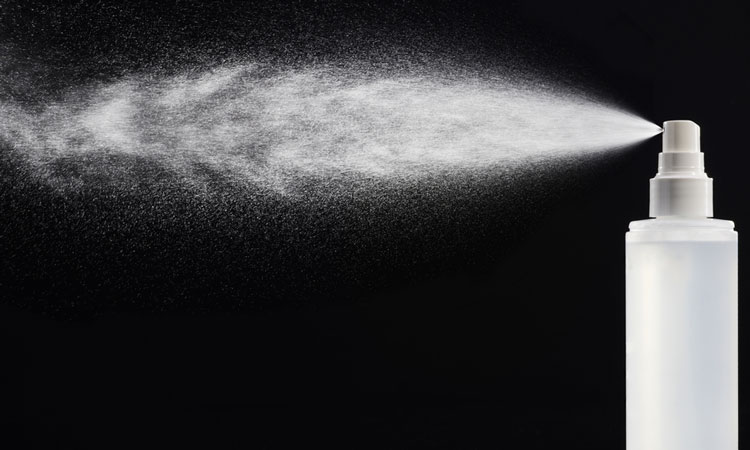
Many people who are diagnosed with cancer will undergo some type of surgery to treat their disease – almost 95 percent of people with early-diagnosed breast cancer will require surgery and it’s often the first line of treatment for people with brain tumors, for example. But despite improvements in surgical techniques over the past decade, the cancer often comes back after the procedure.
A UCLA-led research team has developed a spray gel embedded with immune-boosting drugs that could help. In a peer-reviewed study, the substance was successful half of the time in awakening lab animals’ immune systems to stop the cancer from recurring and inhibit it from spreading to other parts of the body.
The researchers, led by Dr Zhen Gu, a Professor of Bioengineering at the UCLA Samueli School of Engineering and member of the UCLA Jonsson Comprehensive Cancer Center, tested the biodegradable spray gel in mice that had advanced melanoma tumors surgically removed. They found that the gel reduced the growth of the tumor cells that remained after surgery, which helped prevent recurrences of the cancer: After receiving the treatment, 50 percent of the mice survived for at least 60 days without their tumors regrowing.
The spray not only inhibited the recurrence of tumors from the area on the body where it was removed, but it also controlled the development of tumors in other parts of the body, said Prof Gu, who is also a member of the California NanoSystems Institute at UCLA.
The substance will have to go through further testing and approvals before it could be used in humans. But Prof Gu said that the scientists envision the gel being applied to the tumor resection site by surgeons immediately after the tumor is removed during surgery.
“This sprayable gel shows promise against one of the greatest obstacles in curing cancer,” Prof Gu said. “One of the trademarks of cancers is that it spreads. In fact, around 90 percent of people with cancerous tumors end up dying because of tumor recurrence or metastasis. Being able to develop something that helps lower this risk for this to occur and has low toxicity is especially gratifying.”
The researchers loaded nanoparticles with an antibody specifically targeted to block CD47, a protein that cancer cells release as a “don’t-eat-me” signal. By blocking CD47, the antibody enables the immune system to find and ultimately destroy the cancer cells.
The nanoparticles are made of calcium carbonate, a substance that is the main component of egg shells and is often found in rocks. Researchers chose calcium carbonate because it can be gradually dissolved in surgical wound sites, which are slightly acidic, and because it boosts the activity of a type of macrophage that helps rid the body of foreign objects, said Dr Qian Chen, the study’s lead author and a postdoctoral researcher in Prof Gu’s lab.
“We also learned that the gel could activate T-cells in the immune system to get them to work together as another line of attack against lingering cancer cells,” Dr Chen said.
Once the solution is sprayed on the surgical site, it quickly forms a gel embedded with the nanoparticles. The gel helps stop at the surgical site and promotes would healing; the nanoparticles gradually dissolve and release the anti-CD47 antibodies into the body.
The researchers will continue testing the approach in animals to learn the optimal dose, best mix of nanoparticles and ideal treatment frequency, before testing the gel on human patients.
A paper describing the work was published in the journal Nature Nanotechnology.
文章來自: Etnet (中)
EPR (Eng)







